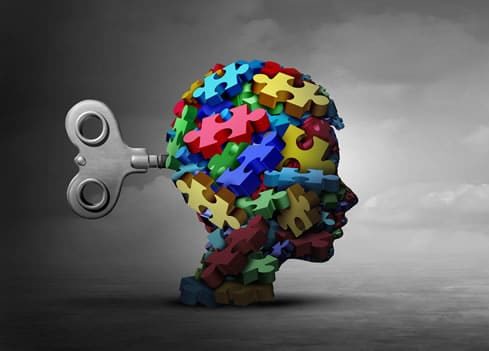Westminster House is proud to announce that Dialectical Behavioural Therapy will be added to its existing program. Dialectical Behavioural Therapy is for individuals with multiple and severe psychosocial disorders, such as Borderline Personality Disorder, Anxiety, Reactive Disorder, Depression, and more. Many individuals with psychosocial disorders are concurrent with substance use disorder. Dialectical Behavioural Therapy incorporates skills and tools that are designed to promote abstinence and to reduce the length and frequency of relapse (Linehan, 2008). The main goal of Dialectical Behavioural Therapy is to assist individuals with acceptance and change through learning skills and tools that focus on mindfulness, interpersonal effectiveness, emotion regulation, and distress tolerance.
Every client would benefit from Dialectical Behavioural Therapy since this therapy focuses on skills and tools needed to cope with life. However, the targeted population for DBT are individuals who experience or struggle with a personality disorder, depression, anxiety, chaotic relationships, emotional storms, and anger management difficulties. When individuals struggle with the above, they tend to lose sight of ways to emotionally regulate, they have minimal coping skills, and/or they tend to activate hyper/hypo arousal instead of optimal arousal.
The purpose of Dialectical Behavioural Therapy is to help and strengthen clients’ capabilities regarding:
- Mindfulness: The practice of being fully aware and present in the moment.
- Interpersonal Effectiveness: The practice of communicating needs and wants while maintaining self-respect and relationships with others.
- Emotion Regulation: The practice of managing emotional experiences.
- Distress Tolerance: The practice of tolerating and managing emotional pain during difficult situations.


